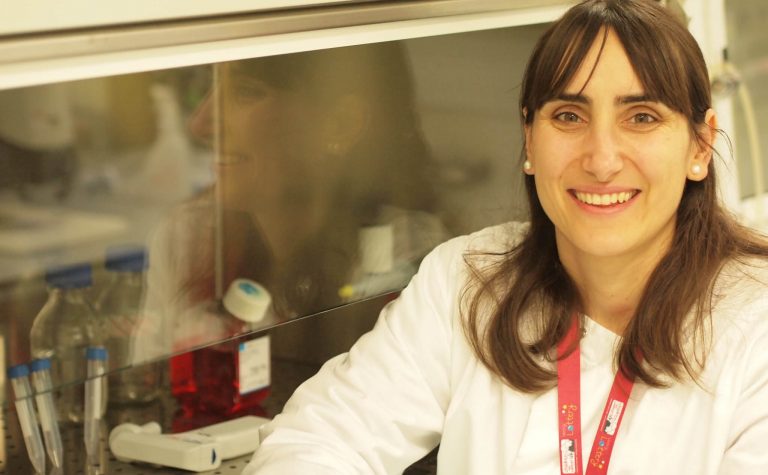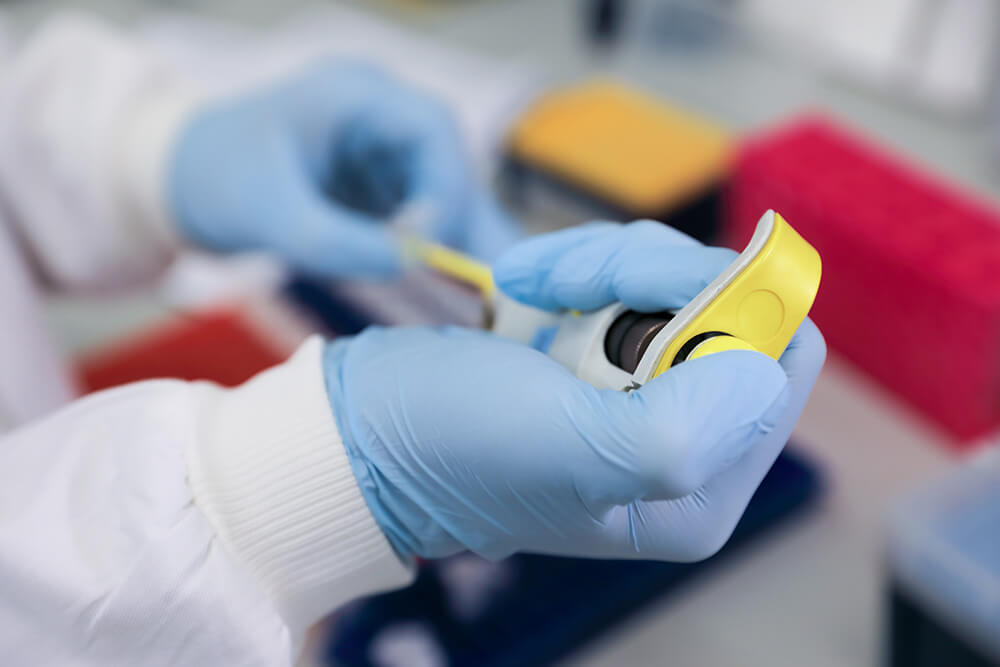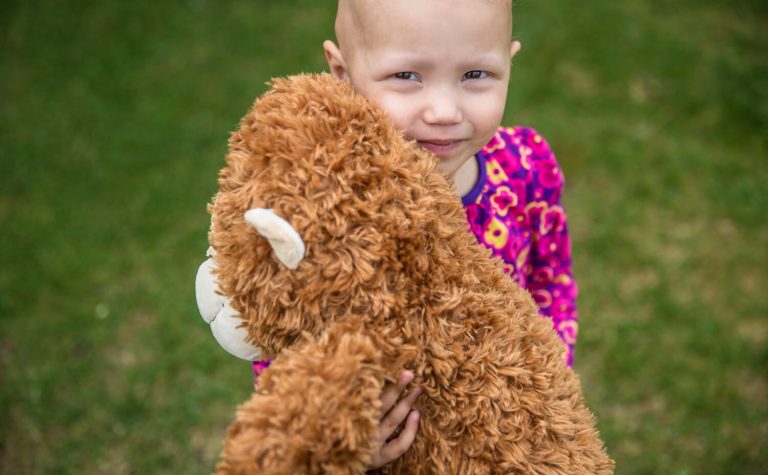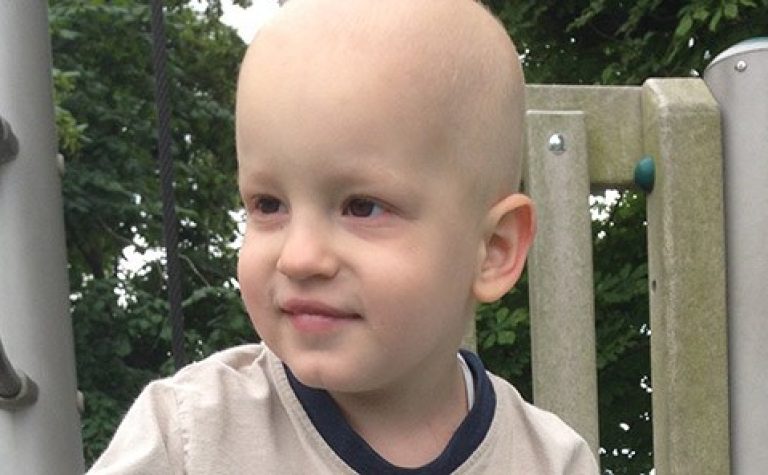About the Research Team
Dr Niklison-Chirou’ will carry out her research in the Blizard Institute at Barts and The London School of Medicine, Queen Mary University of London, a highly dynamic and international research environment. She has expertise in molecular mechanisms of cancer metabolism combined with the unique pre-clinical and translational brain tumour knowledge at the Blizard Institute. She’ll interact with Silvia Marino, a world-renowned expert in epigenetic regulation in brain tumours with expertise in translational neuro-oncology research. Dr Maria has also established essential collaborations with Dr Marc Remke, Prof. Steve Clifford and Dr Tom Jacques for access to DNA dataset and RNASeq dataset on human MB and MB primary cells respectively.



